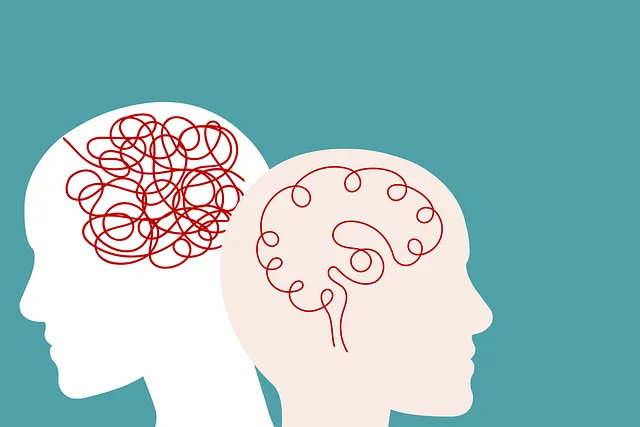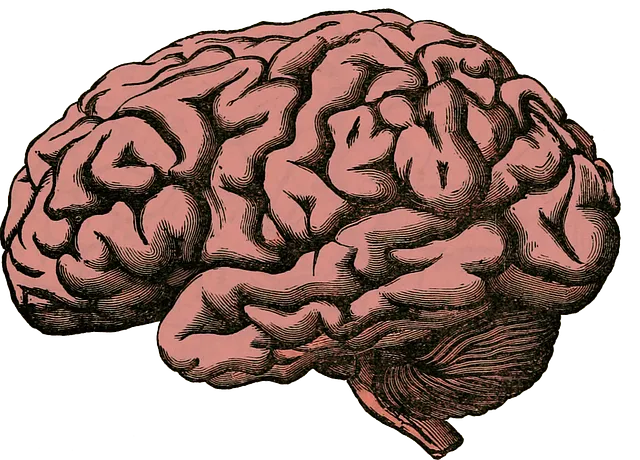The Kaiser Permanente mental health center in Longmont leverages the Resilient Factor Model (RFM) to transform mental healthcare, fostering resilience among patients through personalized interventions targeting social connections, positive experiences, and adaptive behaviors. This holistic approach, including programs like Compassion Cultivation Practices (CCP) and Communication Strategies, equips individuals with coping mechanisms for lifelong well-being, reducing stigma and building resilient communities. A year-long RFM initiative is being evaluated using both quantitative and qualitative methods to measure success in mental health outcomes, crisis intervention effectiveness, and cultural sensitivity.
“Resilience is a powerful tool in navigating life’s challenges, and the RFM (Resilience, Flexibility, and Mastery) framework offers a structured approach to building this vital skill. This article explores how Kaiser Permanente Mental Health Center in Longmont leverages RFM techniques to empower individuals with resilience. We’ll delve into the benefits of these exercises, their diverse forms, and the center’s successful implementation strategies. Additionally, we’ll discuss evaluation methods to assess the impact of RFM programs, providing insights into enhancing mental well-being.”
- Understanding RFM: A Framework for Resilience in Mental Health
- The Role of Kaiser Permanente Longmont in Promoting Resilience
- Types of Resilience Building Exercises: A Comprehensive Overview
- Implementing RFM Techniques at the Mental Health Center
- Measuring Success: Evaluating the Impact of RFM Programs
Understanding RFM: A Framework for Resilience in Mental Health

At the Kaiser Permanente mental health center Longmont, understanding and implementing Resilient Factor Model (RFM) is a game-changer in fostering resilience among individuals dealing with mental health issues. This framework categorizes factors contributing to an individual’s resilience, enabling tailored interventions for better coping mechanisms. By focusing on key aspects like social connections, positive experiences, and adaptive behaviors, RFM empowers individuals to navigate life’s challenges more effectively.
The integration of RFM into mental health support at Kaiser Permanente Longmont goes beyond burnout prevention and crisis intervention guidance. It actively addresses the pervasive issue of mental illness stigma reduction efforts by promoting a proactive approach that builds inner strength. Through targeted exercises designed to enhance resilience, individuals are equipped with tools not just to survive but to thrive in the face of adversity, making their journey towards holistic well-being more accessible and meaningful.
The Role of Kaiser Permanente Longmont in Promoting Resilience

Kaiser Permanente Longmont stands as a beacon of resilience and mental health support within its community. As a leading Kaiser Permanente mental health center, it plays a pivotal role in fostering emotional well-being and enhancing the coping mechanisms of individuals facing diverse challenges. Through a range of services and programs, they promote not just treatment but also prevention, empowering people with tools to navigate life’s storms.
The center’s approach extends beyond traditional therapy, emphasizing the cultivation of emotional intelligence and positive thinking. By integrating these concepts into their mental health policy analysis and advocacy efforts, Kaiser Permanente Longmont ensures that resilience-building becomes a holistic process. This comprehensive strategy not only addresses immediate concerns but also equips individuals with long-lasting skills to cope with future stressors, ultimately contributing to stronger and more resilient communities.
Types of Resilience Building Exercises: A Comprehensive Overview

Resilience building exercises are a vital component of mental health initiatives, and the Kaiser Permanente mental health center in Longmont offers a range of comprehensive programs to support individuals in cultivating emotional resilience. These exercises are designed to empower people with tools to navigate life’s challenges and setbacks, fostering a sense of control and adaptability. The variety of practices ensures that different approaches cater to diverse learning styles and personal preferences.
One popular method is the integration of Compassion Cultivation Practices (CCP), which encourages individuals to cultivate self-compassion and empathy towards others. This approach has been shown to reduce stress and promote emotional healing processes. Additionally, Communication Strategies play a significant role in building resilience by teaching individuals effective ways to express their needs, manage conflicts, and foster meaningful connections with others—all essential aspects of fostering personal growth and overall well-being.
Implementing RFM Techniques at the Mental Health Center

Implementing RFM (Recovery, Flexibility, and Mindfulness) techniques at the Kaiser Permanente mental health center in Longmont is a strategic move to enhance patient outcomes and foster a resilient environment. These evidence-based practices are tailored to address the unique challenges faced by individuals seeking mental health support. By integrating RFM into therapy sessions, the center aims to equip clients with powerful tools for self-care practices, enabling them to navigate life’s stressors more effectively.
The RFM approach encourages patients to cultivate mindfulness, a crucial aspect of burnout prevention, allowing them to gain insight and control over their thoughts and emotions. This is particularly beneficial in managing anxiety and depression, as it promotes a sense of calm and empowerment. By adopting these mind over matter principles, the Kaiser Permanente mental health center Longmont can contribute to creating a more resilient community, where individuals are better equipped to cope with life’s challenges and maintain long-term mental well-being.
Measuring Success: Evaluating the Impact of RFM Programs

Evaluating the success of resilience-building exercises within mental health programs is a vital step in understanding their long-term impact on individuals’ well-being. At the Kaiser Permanente mental health center in Longmont, researchers have been meticulously measuring the effectiveness of their RFM (Resilience, Flexibility, and Mental Health) initiatives over the past year. By implementing a combination of quantitative and qualitative assessments, they aim to gauge the program’s reach and influence on patients’ lives.
The process involves tracking key metrics such as participant engagement, improvements in mental health outcomes, and changes in risk factors associated with depression and anxiety. Additionally, the center collects feedback through interviews and surveys, focusing on aspects like cultural sensitivity in mental healthcare practice and crisis intervention guidance. This comprehensive evaluation ensures that the RFM programs are not only reaching their intended audience but also fostering lasting positive changes, ultimately contributing to a more resilient and supportive community.
Resilience is a powerful tool in navigating life’s challenges, and the RFM framework offers a structured approach to building this strength. As demonstrated by Kaiser Permanente Mental Health Center in Longmont, implementing resilience-focused programs can significantly enhance individuals’ ability to cope with stress and adversity. Through various exercises, from mindfulness practices to cognitive reframing, mental health centers can empower patients to lead more fulfilling lives. By measuring the success of these initiatives, we can continually improve RFM techniques, ensuring that support remains accessible and effective for those in need.






